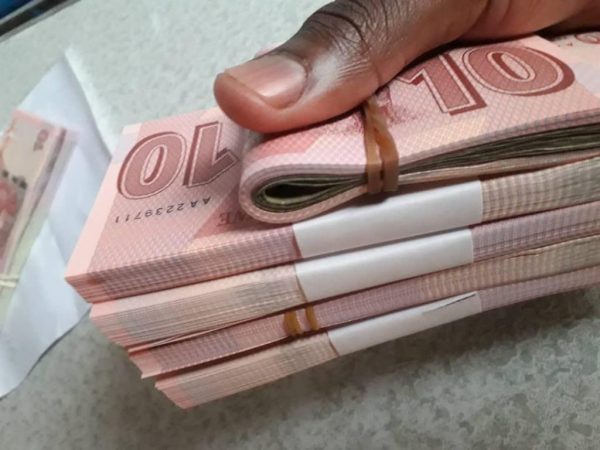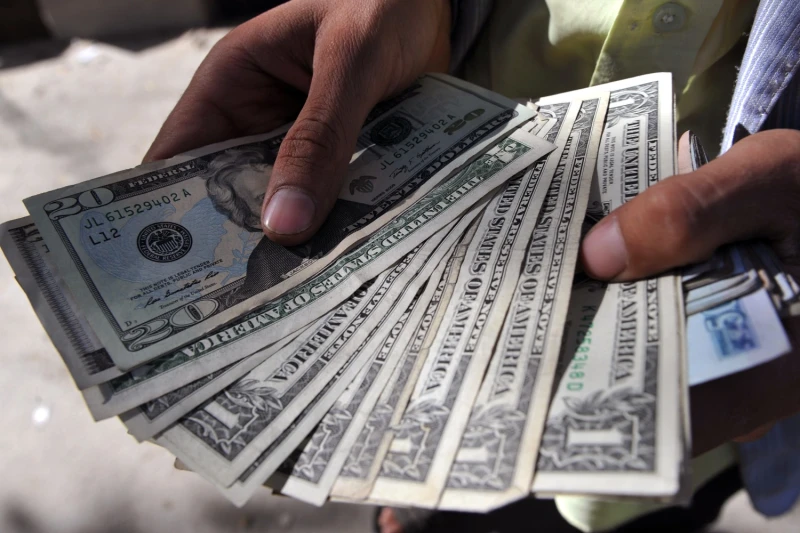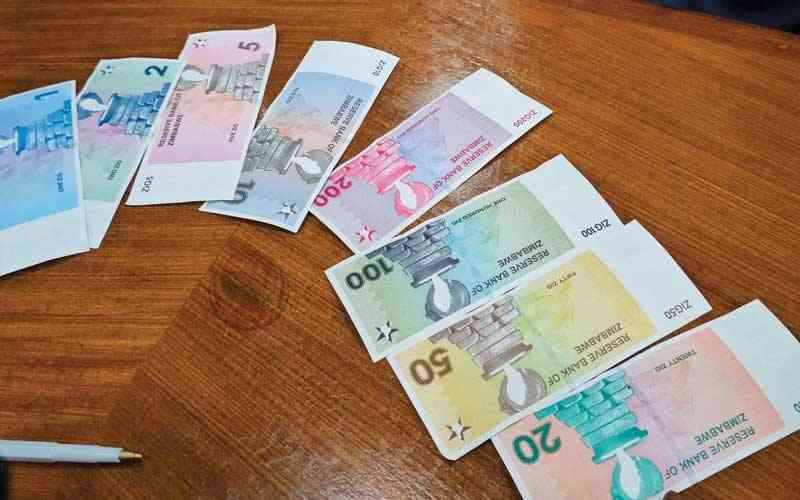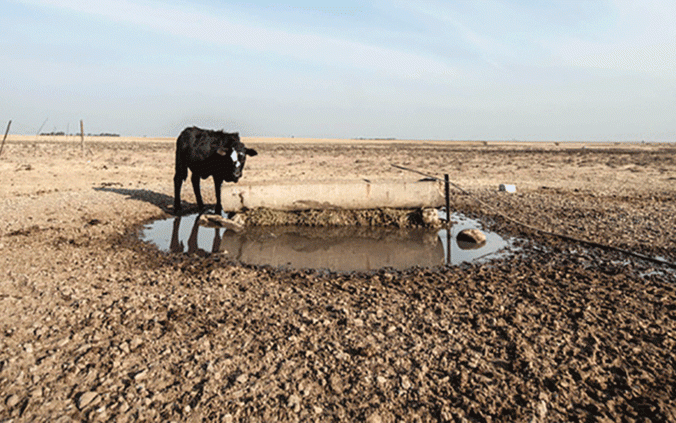
By Tapiwa Gomo
The coronavirus pandemic has given some governments a free excuse for their perennial failures to resuscitate their ailing economies.
Where corruption, mismanagement of State resources, poor prioritisation and bad governance perpetually impede economic growth, they are waving the excuse that the shutdowns have dealt severe blows on prospects of economic recovery.
The wisdom of adopting that political approach is both myopic and short-lived. At the end of the day people expect their government to work with them to bring the country back on track. Excuses will not feed the people and it is time governments demonstrated leadership than political pandering. People’s lives are at stake.
The COVID-19 pandemic moment is fertile for reflection, reconfiguring and repositioning economies.
Developed economies are in the process of doing the same and yet some developing countries are waiting for donations or to be told what to do by wealthy countries as they often do. For example, wealthy governments have increased their domestic spending to protect and create jobs and to support workers.
They have invested more than $12 trillion in measures to cushion the pandemic’s economic impact, according to the International Monetary Fund.
Simply put, development aid from donor countries declined by 19% in 2020 compared to 2019 when nearly $80 billion was committed. This is despite that there is an increasing demand for development aid now, mainly by developing countries which have suffered major shocks on their chronically ailing economies.
- Chamisa under fire over US$120K donation
- Mavhunga puts DeMbare into Chibuku quarterfinals
- Pension funds bet on Cabora Bassa oilfields
- Councils defy govt fire tender directive
Keep Reading
Paradoxically or rather as expected, the international financial institutions are in good business with aid from them showing a significant rise. In 2020, they provided more than $103 billion up from $74 billion in 2019. Again, simply put, the season for freebies, at least in the meantime, is over. Each country for itself.
The vulnerability of developing countries to the pandemic and inability to resist the temptation to borrow from the international financial institutions was noted by the World Bank.
“When the pandemic struck, many emerging and developing economies were already vulnerable due to record-high debt levels and much weaker growth. Combined with structural bottlenecks, this will amplify the long-term damage of deep recessions associated with the pandemic.
“Urgent measures are needed to limit the damage, rebuild the economy, and make growth more robust, resilient and sustainable,” noted Ceyla Pazarbasioglu, World Bank Group vice-president for equitable growth, finance and institutions.
What can poor countries such as ours do to recover?
The first step is to use the little available resources to put in place short-term measures to reboot the public healthcare system in order to keep people alive and give them assurance.
We have learned hard lessons, so this should not be difficult to comprehend and implement. The country has the capacity to revive the public health system if we get our priorities right.
This will need to be linked to a comprehensive economic recovery strategy that aims to bolster medium to long-term economic growth. To effectively achieve this requires a complete change of mindset — one that prioritises good governance, eradication of corruption and creation of a conducive business environment from which taxes will be derived to sustain government affairs and civil servants.
And the million-dollar question is to what extent is this possible given that the country is where it is today because of a non-progressive mindset that is not helped by a political opposition that is content with just being opposition?
An economic strategy to rebuild both in the short and long-term entails, at the onset, giving space and stimulus support to the small-to-medium enterprises to help reignite growth, including promoting local products. Once the informal sector picks up, it can potentially create business and employment opportunities for many people giving the government time and space to reconfigure the formal sector.
The next level is to restructure and reignite the private sector. Prices of minerals are still low due to the COVID-19 pandemic which means there is no pressure to export. Instead of waiting and watching when the global markets will rise again, perhaps it is time we mobilised our businesspeople and establish processing and beneficiation industries for both our mineral and farm produces.
That way, we will generate more value and revenue from our minerals and farm produce, while simultaneously generating more economic opportunities and employment for our people. Zimbabwe spends nearly $5 billion every year on imports and that includes nearly $2 billion to South Africa — largely buying groceries.
This is liquidity that can be retained and multiplied if local production is increased.
Once these are revived, the priority will then shift to sustaining economic activity with targeted support to provide liquidity to weaker sectors and government essential services.
The sustainability of these efforts will depend on the capital-labour relations.
This is critical because to ensure a more resilient economy, that relationship needs to be informed by the desire to keep the economy alive while ensuring retention of jobs and income without one jeopardising the other.
Political and economic transparency is paramount in rebuilding confidence and facilitating investment growth.
- Tapiwa Gomo is a development consultant based in Pretoria, South Africa. He writes here in his personal capacity.











